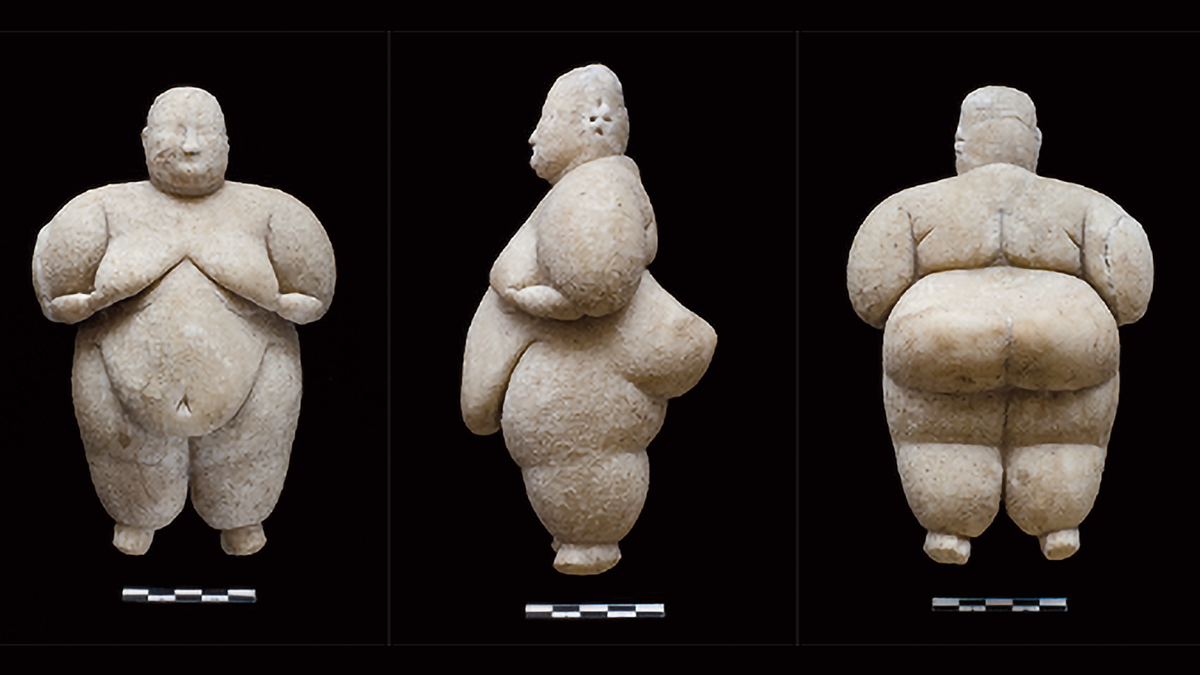Now Reading: Scientists Call for Human Stool Samples to Preserve Microbial Diversity for Future Generations
-
01
Scientists Call for Human Stool Samples to Preserve Microbial Diversity for Future Generations
Scientists Call for Human Stool Samples to Preserve Microbial Diversity for Future Generations

Quick Summary
- Scientists are freezing fecal samples in switzerland’s “Microbiota Vault” to preserve microbial diversity, aiming to collect 10,000 samples by 2029.
- The vault currently contains over 1,000 stool samples and almost 200 fermented food items; environmental microbes will also be added.
- human activities such as agriculture, climate change, and antibiotic overuse are contributing to microbial depletion.
- Microbe loss is linked to chronic diseases like allergies,autoimmune disorders,and metabolic diseases. It also impacts ecosystems crucial for agriculture and environmental resilience.
- Inspired by Norway’s Svalbard Global Seed Vault (which preserves plant genetic diversity), the Microbiota Vault focuses on safeguarding human and environmental microbiomes for future restoration research.
- Samples stored at minus 80°C have been collected from countries including Benin, Brazil, Ethiopia, Ghana, Laos, Thailand, and Switzerland.
- The project has entered its “growth phase,” with plans for expansion and relocation of the vault to a permanent cold-climate location like Switzerland or Canada.
!Image of freezer storing microbial samples
Indian Opinion Analysis
India has a rich tradition in fermented foods such as dosa batter or pickles that are strong holders of beneficial microbes. This initiative underscores the critical value of preserving microbial diversity-a message especially relevant for India as it experiences rapid urbanization and agricultural shifts driven by population demands. Traditional agricultural practices face pressure due to modernization which can lead to soil microbiome losses. Additionally, antibiotic overuse is an issue that requires immediate attention regarding public health management.
India could benefit from partnerships with projects like the Microbiota Vault for regional contributions while advancing domestic research capability into how these lost microbes may play a role in addressing chronic health issues prevalent in its population. Preserving biodiversity across human diets alongside ecosystems aligns effectively with india’s focus on enduring advancement goals.

























